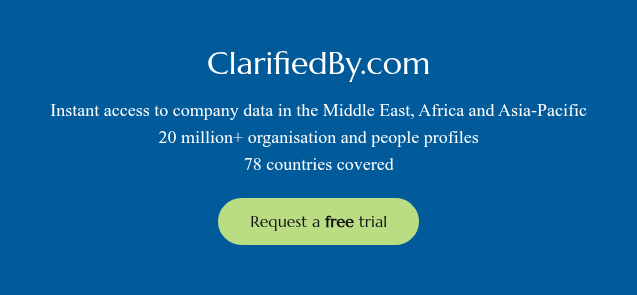What is business intelligence?
Read moreCompany research in Francophone Africa: Instructions not included
Picture the scene: your new, long-awaited piece of flatpack furniture has arrived and now you need to assemble it. Except that there are pieces missing, and no instructions – and even if instructions are included, they are in an unfamiliar language. As for finding instructions online...? Forget it.
This can be what it feels like when trying to retrieve company records from emerging markets – particularly in those African countries that speak French as their main or official language, which number around half of the countries on the continent. So, the friendly team of Africa researchers at Diligencia thought it would be helpful to put together their own list of tips and advice on how to tackle company research in Francophone Africa:
1. Language
It is a very obvious point to make but it is likely you will need at least a good working knowledge of French – not only to read any documents that you find but, because information is rarely available online, the chances are you will need to ask for them. In a region where telephone calls are as much the norm as email, ringing up a contact in-country can be the most effective approach. Ideally this would be the registry directly (if possible / permitted) otherwise a local lawyer or agent. But don’t worry, the business culture tends to be relaxed and informal – so you are unlikely to be pulled up if your French is a little rusty.
2. Quel registre?
It is important to access the correct source for your research. In many cases this will be the Tribunal de Commerce, the principal authority for private company registration where organisations are obliged by law to file their articles of association and any subsequent amendments, such as changes to their ‘assemblé générale’ (board of directors). Versions of the same information may be available from the country’s tax authorities, or other ministries, but bear in mind these may be incomplete or out of date. It is worth noting that in some countries (e.g. Senegal, Gabon, Mali) the registry system is regional, so if you want the most recent changes for an entity that is not registered in the capital city, you may need to approach the relevant regional tribunal, or wait for the centre to be updated.
3. Mind the gaps
Even when you do access the file for a specific entity, this is unlikely to be a concise and helpful summary of the key points but a collection of documents charting how the company has changed since its inception. It is then up to you to reconstruct the narrative in terms of how the organisation’s directors, ownership and share capital have changed over time. There may be gaps or inconsistencies in the records – either due to delays in information being recorded (which can take up to six months) or because the company has failed to make the required filing. In Morocco the fine for not submitting documents on time is a token amount, so the deterrent for not filing is not always strong.
4. Companies anonymous?
In common with almost all countries in the region that we cover, the legal form of your subject entity will guide you to the correct source of information. For example, a law firm or professional practice will normally have its own regulator where key data are recorded. In the Francophone world, the ‘Société Anonyme’ or SA is quite prevalent; similar to joint stock closed companies in the Gulf, this means that the entity is not obliged to disclose its shareholding structure to the registry. As it happens, our experience has been that more than 75% of SAs in Francophone Africa do choose to report this information, but you may not find this in every case.
5. Note the notaire
The notaire plays a crucial role in the formation of companies in Francophone Africa. Similar to the typing or filing specialist seen in other jurisdictions, the notaire is not a lawyer but the person responsible (on behalf of their client) for filling out the forms and ensuring all supporting documents are present and correct. Including the stamp! While the company stamp has mostly disappeared as an authentication device in the western world, it is still an essential part of officialdom across much of Africa and the wider Middle East.
So there you have it – your shiny new corporate record / piece of furniture is assembled and ready for use. If only I could work out where these two left over pieces are meant to go…
Diligencia provides corporate intelligence and due diligence solutions for emerging markets across Africa and the wider Middle East. Our vision is to deliver clarity, inform opinions and enable decision-making for clients in jurisdictions often poorly served by accurate public domain information.
